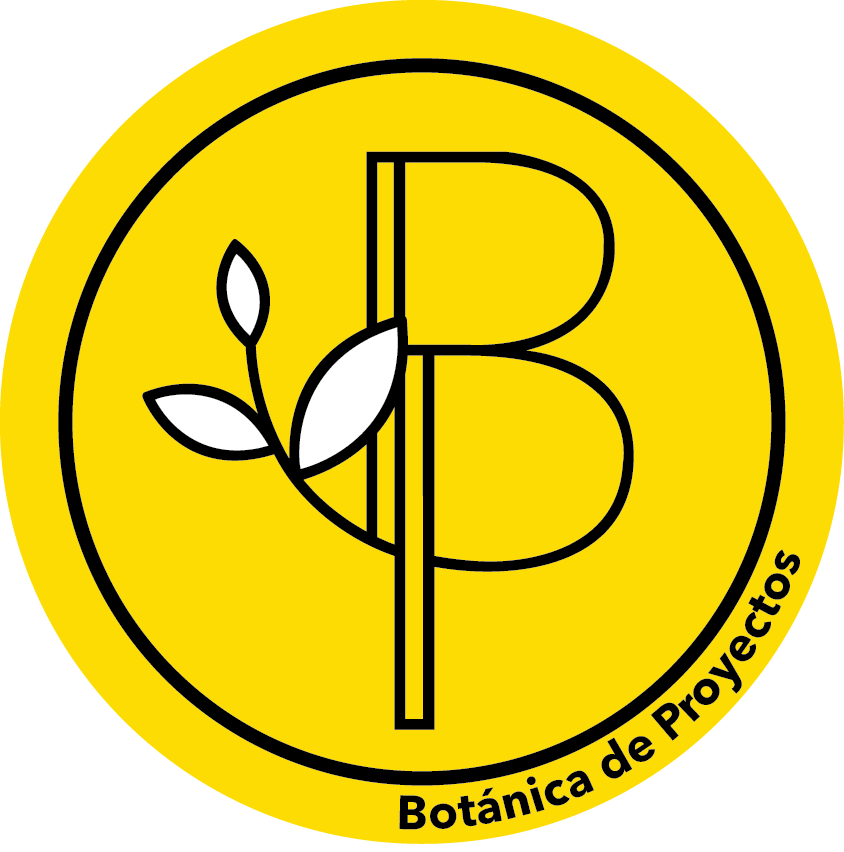Correspondences Volume 2
Community practices, transformation agents, subtle effects.
Part 1
Liliana Olguín and I, Mariela Velasco, met more than 10 years ago in a moment when community projects obtained special relevance in the cultural agenda of Puebla city. These projects surely marked part of our professional career and we still feel a special fascination for them.
After a brief exchange of ideas, we considered there is a reduced bibliography related to local agents, community projects, methodologies and strategies that promote through art and culture a better cohabitation in areas living under unequal social conditions.
Colectivo El Teatro del Puente, Puebla. 2020.
Photo: El Teatro del Puente / Liliana Olguín
In this context, we have started a research project focused on the study of community practices implemented by several cultural centres, collectives and associations in Puebla city. The research is based on a series of interviews as the main tool, by gathering the experience and knowledge of these key agents we will be able to create a record on the current cultural management methodologies of Puebla, including an analysis of the challenges caused by the pandemic and social distancing.
Skate Park Xonaca, Puebla. 2021.
Photo: Mariela Velasco
The sample of interviewees includes, in its first stage, the Teatro del Puente Collective (The Theater of the Bridge Collective), promoters of cultural rights and comprehensive education programmes for the El Alto residents, El Callejón del Gañán (The Brute Alley), a cultural space that encourages creation and expression in the children and young people from Xonaca’s neighbourhood through cinema and reading activities, Comunidad Comelibros (Book Eaters Community), a network of book clubs installed in tenement houses and cultural promoters that generate reading activities around the old neighbourhoods of Puebla, and the Xonaca Skate Park in charge of COPAPUE A.C. association (Community of Skaters of Puebla), a revitalised public space professionally designed with ramps and bowls to practice urban sports on wheels.
El Callejón del Gañán, El Alto, Puebla. 2021.
Photo: Mariela Velasco
Colectivo El Teatro del Puente. 2021.
Photo: Mariela Velasco
All these cultural managers have found their own ways of working allowing them to share the public space with the residents and influence the environment by promoting interculturality, diversity, dialogue, respect and empathy.
Comunidad Comelibros. 2021.
Photo: Mariela Velasco
This research in development is the second volume of a programme entitled Correspondences, a series of explorations part of Botánica de Proyectos Lab that aim to study a series of confronted discourses and shared problems in different latitudes within the artistic field.



